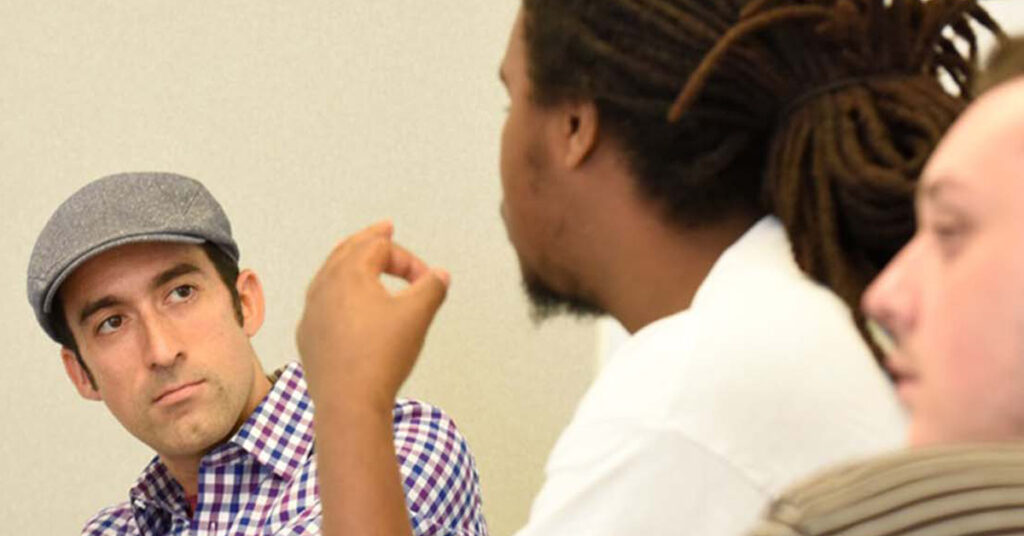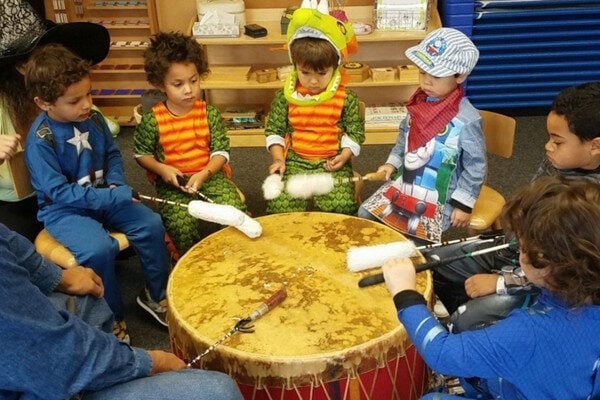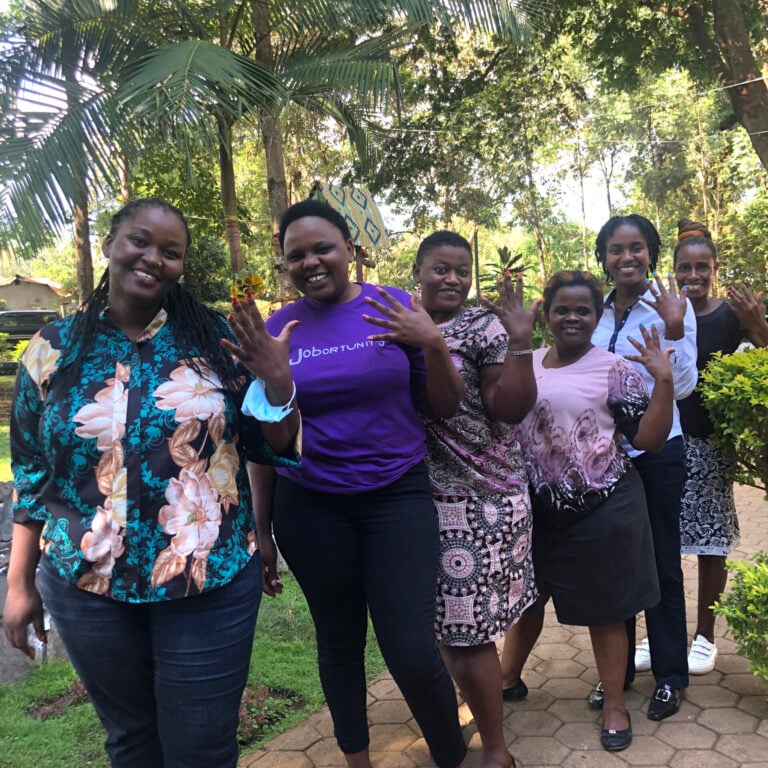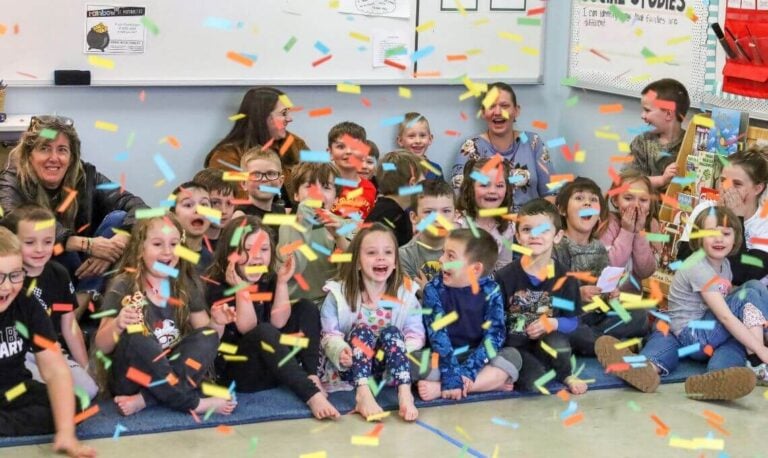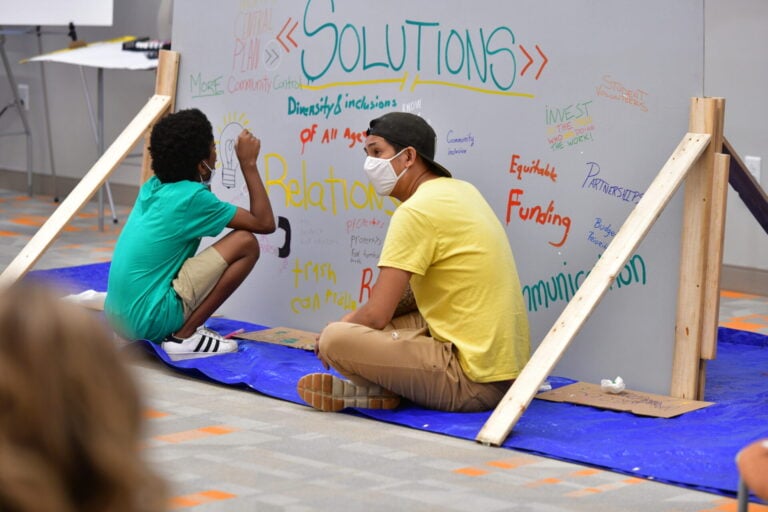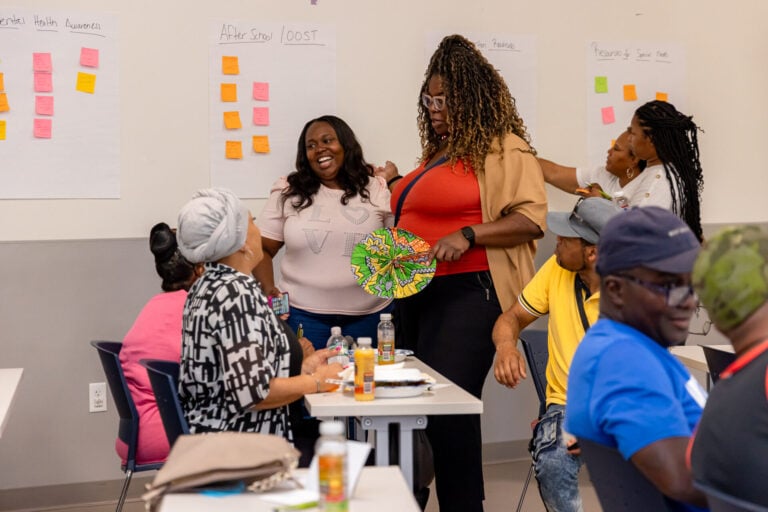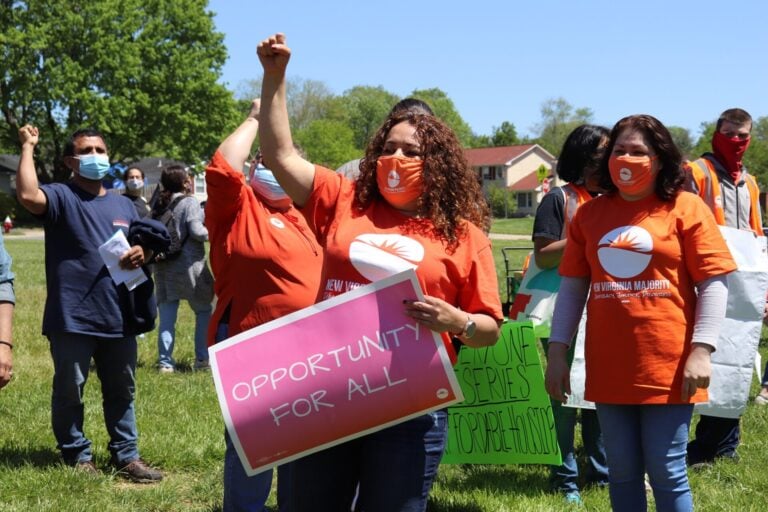When a client at Greater Boston Legal Services wrote on a Listen4Good survey that he would have preferred to go through the organization’s intake process in person rather than by phone, staff members were surprised; they thought they had been accommodating his work schedule by not asking him to come in.
But then came the feedback, says Susan Hegel, an attorney at GBLS’s Cambridge office, and it “taught us not to make assumptions about our clients and what their schedules and preferences are.”
Clients at GBLS, which provides free legal assistance in non-criminal matters, reported they felt respected by the organization and well informed about their legal cases. But the feedback also provided staff some things to consider, including being mindful about offering clients options about how they would like to connect.
Jennifer Aronson, associate vice president for programs at the Boston Foundation — L4G co-funder for GBLS and seven other Massachusetts nonprofits — sees in this response what a well-executed feedback loop is all about: improving programs, impacting the culture of an organization, and valuing the lived experience of those accessing services.
She has also been encouraged about how taking the extra feedback-loop step — funders talking to grantees about their findings — may move the needle on these positive outcomes even more. As the programs department of the Boston Foundation has in recent years defined a set of guiding principles for its work, leadership, and allocation of resources, participating in L4G has been a “tangible manifestation” of those commitments, she says. What the department calls its action based principles include using a racial equity lens in grantmaking and a commitment to listening and learning from the communities it serves.
“Listen4Good offers an opportunity to have different kinds of conversations with our grantees about how they listen and how we can support them,” Aronson says. “It has led to a deeper understanding on my part of what it means to operate these programs well.”
And, she says, L4G aligns with the values and goals of a growing number of activities at the foundation, especially those meant to “lift up the voices of those who are least heard.”
The funder supports a neighborhood fellows program, which recognizes and connects community leaders; a strategy to support nonprofits that lists “a commitment to racial equity” as a top priority for effective organizations; and an upcoming organization-wide strategic planning process incorporating the voices of residents who may not be structural or institutional power-holders. It has also recently created a staff position to focus on participatory grantmaking practices, including a new $2-million-a-year grants program designed to be informed by community voice.
At Greater Boston Legal Services’ Cambridge office listening to and acting on client voice has given clients more choice around how they would like to engage with their advisers; a development that has benefits for everyone. With more face-to-face time, GBLS’s Hegel says, the lawyers feel they are able to more easily build trust with their clients; and clients appear to appreciate the deeper relationships that grow as a result.
Watching and being a part of the feedback-loop process at GBLS, says Aronson at the Boston Foundation, “demonstrates how important it is for all of us to serve, listen to, and partner with clients in a way that values the whole person.”
